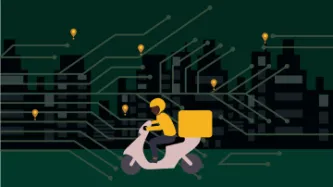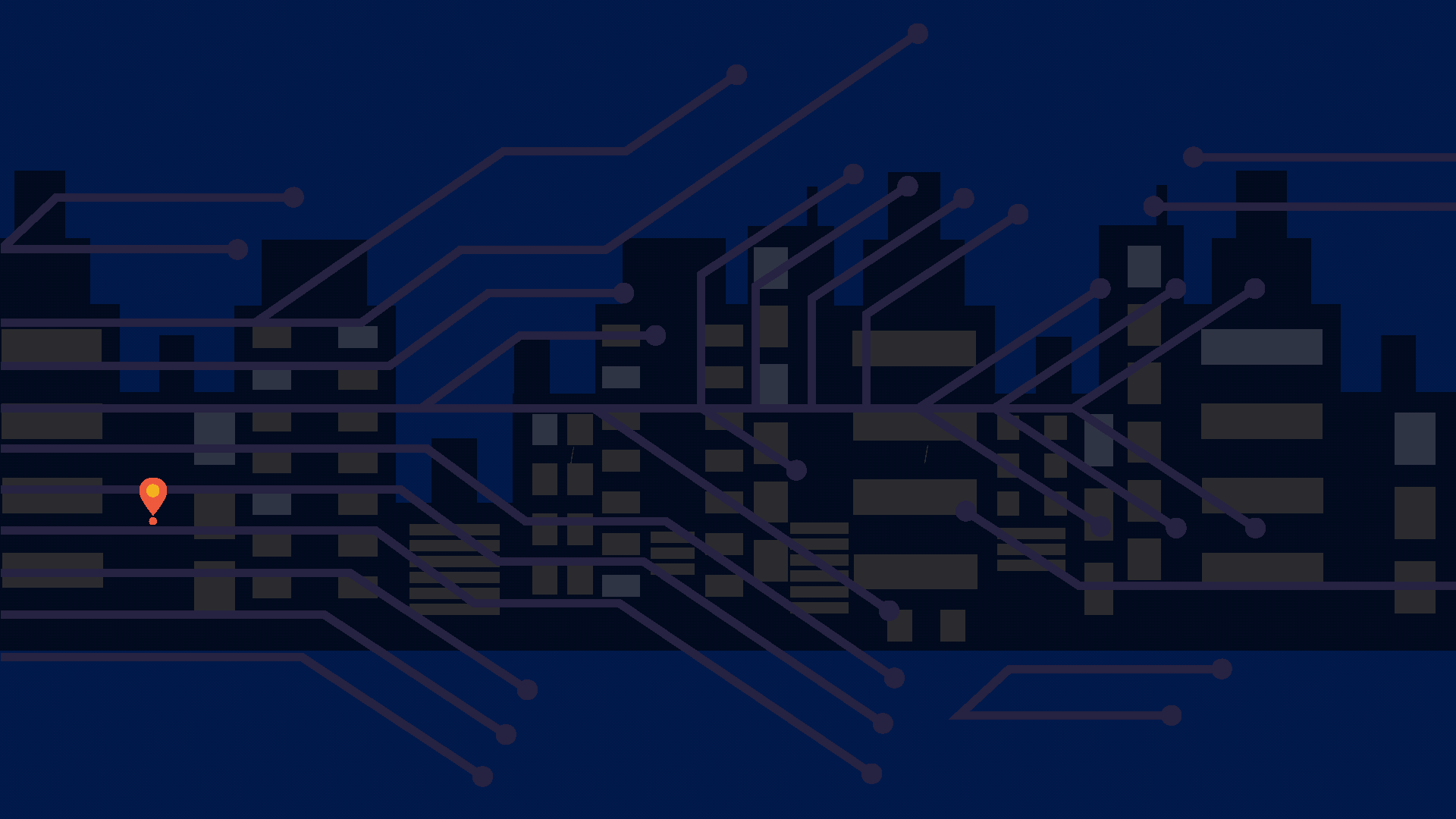Search
Content type: Video
Update: Pa has since won a settlement from UberPlease note the views expressed in the video are interviewee's own and do not necessarily reflect the views of PI.Pa used to work for Uber. After some time, Uber started asking him to submit a picture of himself to the platform to confirm it was indeed him who had completed the job. However, with time, the frequency of the requests increased. In the beginning, the requests for a picture only happened once a week, but as time went by Pa told us that…
Content type: News & Analysis
To add your voice to the letter below, which we'll be sending to gig economy companies like Uber, Deliveroo, Bolt, Amazon Flex, Just Eat, Free Now, and Ola, sign the Managed by Bots petition. (PETITION IS NOW CLOSED, SEE UBER'S RESPONSE TO OUR CAMPAIGN LETTER. SEE DELIVEROO'S RESPONSE.
Worker Info Exchange (WIE), the App Drivers and Couriers Union (ADCU), Privacy International (PI) and other civil society organisations* are today writing to you with urgent questions about the exploitation of…
Content type: Long Read
What if your boss was an algorithm? What would you do if your employer suddenly fired you or reduced your pay without telling you why? And without being willing to give you a reason when you ask for one?
This is not science fiction or some far-fetched reality. Millions of people worldwide are working in the gig economy sector for companies like Uber, Deliveroo, Bolt, Just Eat… And this could be the future of work for people working outside the gig economy, as surveillance technologies are…
Content type: Video
Please note the views expressed in the video are the interviewee's own and do not necessarily reflect the views of PI.
Driver X (he wishes to remain anonymous) has been working for Uber for five years. After working for Uber for two and half years, he suddenly received a message telling him that his account had been temporarily suspended and asking him not to call Uber while the investigation was pending. He was baffled, as he had an excellent record and rating, with plenty of positive…
Content type: Video
Please note the views expressed in the video are the interviewee's own and do not necessarily reflect the views of PI.
In his interview, Alexandru told us that he started to work for Uber in 2018. Despite being aware of negative experiences of others, he felt that everything was running smoothly, and for a while, Uber met his expectations.
However, in 2021, he received a notice from Uber that they had noticed fraudulent activity associated with his account. He went on social media and…
Content type: Examples
Behind the colourful bicycles and games rooms, Silicon Valley tech giants operate a strict code of secrecy, relying on a combination of cultural pressure, digital and physical surveillance, legal threats, and restricted stock to prevent and detect not only criminal activity and intellectual property theft but also employees and contracts who speak publicly about their working conditions. Apple has long been known for requiring employees to sign project-specific non-disclosure agreements (NDAs…
Content type: Examples
In May 2014 the Polish Ministry of Labor and Social Policy (MLSP) introduced a scoring system to distribute unemployment assistance. Citizens are divided into three categories by their “readiness” to work, the place they live, disabilities and other data. Assignment to a given category determines the type of labor market programs that a particular person can receive from the local labor offices (e.g. job placement, vocational training, apprenticeship, activation allowance). The Panoptykon…
Content type: Examples
Automated systems such as the personality test developed by Massachusetts-based workforce management company Kronos are increasingly used by large companies to screen job applicants. To avoid falling foul of regulations prohibiting discrimination against those with mental illness, often the questions are phrased in intricate ways that are harder to game - but also harder to answer without self-incrimination. It's estimated that as many as 72% of CVs are never seen by human eyes; instead, they…
Content type: Examples
In the 2014 report "Networked Employment Discrimination", the Future of Work Project studied data-driven hiring systems, which often rely on data prospective employees have no idea may be used, such as the results of Google searches, and other stray personal data scattered online. In addition, digital recruiting systems that only accept online input exclude those who do not have internet access at home and must rely on libraries and other places with limited access and hours to fill in and…
Content type: Examples
In 2016 the Dutch Data Protection Authority (AP) ruled that the Personal Data Protection Act prohibits companies from monitoring their employees' health via wearables, even when employees have given their permission. The ruling concluded the AP's investigation into two companies; in one of them, wearables even gave the employer insight into its employees' sleep patterns. The AP argued that employers are free to give wearables as gifts, but that the power relationship between employer and…









